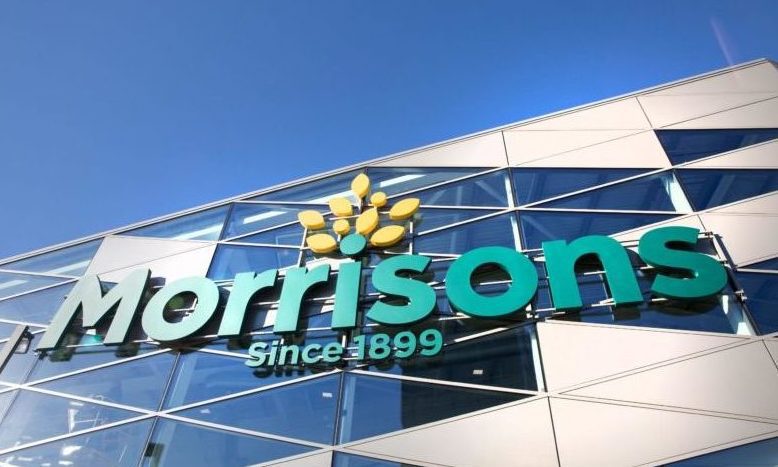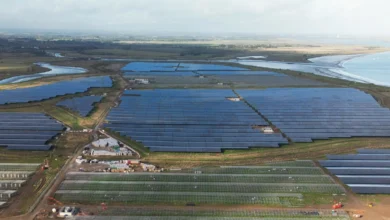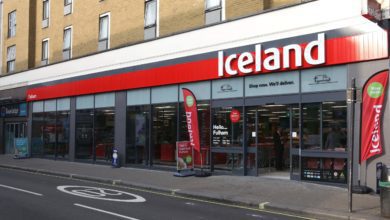Private equity is changing supermarkets
CD&R’s takeover of Morrisons hasn’t been the first of its kind, but it has shown a trend among supermarkets and their investor suitors. With Morrisons’ results being worse off than they were a year ago, what is the end goal for these deals?

After being dethroned as one of the Big Four supermarkets by Aldi in late 2022, Morrison’s most recent blow came in the shape of £1.5bn worth of losses one year after being acquired by Clayton, Dubilier and Rice (CD&R) in October 2021 for £7bn with a debt-led takeover.







